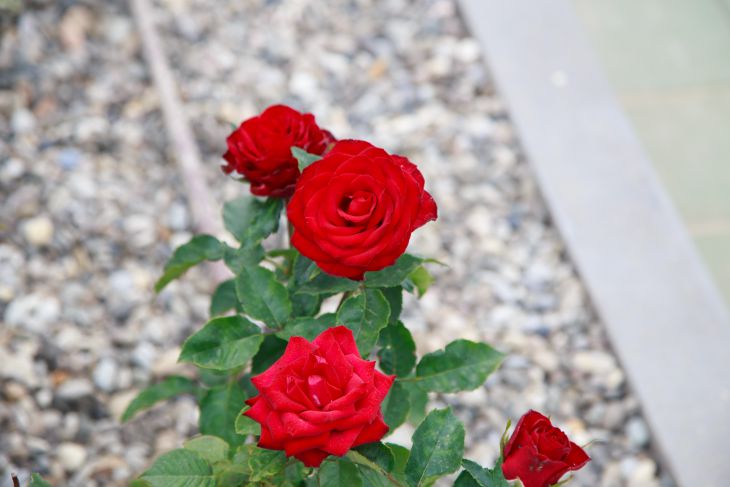Mistakes in Growing Roses: What to Pay Attention to in order to Get Beautiful Roses
Roses have occupied a leading place among the most beautiful and most common ornamental plants in gardens for many years.
Unfortunately, despite the great affection we have for them, they are not easy to grow.
Roses can be undemanding and unpretentious, and at the same time very sensitive to growing errors, so before planting them in the garden, let's check what they don't like the most.
Let us pay attention to the opinion of the expert of the online publication "Belnovosti" and scientist-agronomist Anastasia Kovrizhnykh.
Beware of pruning roses
The greatest harm to roses can be caused by pruning. Although most of them even need this treatment to be able to grow intensively and bloom vigorously.

Roses should be pruned at the right time, i.e. in early spring, when the winter cover is removed (usually in April).
They should not be pruned in the fall, as they then become more susceptible to fungal diseases and sensitive to frost.
Mistakes when pruning roses
The technique of the procedure is also important. The cut should be made at a slight bevel with a sharp disinfected tool (for example, pruning shears) at a height of about 1 cm above the outer bud.
Shoots that are cut too high, too low, straight or have a torn wound are susceptible to fungal diseases, drying out of buds or part of the shoot.
Sunny place
Another problem is the wrong choice of position. Roses love warmth and sun and, as befits true aristocrats, hate drafts, cold and shade, so the place for growing them should be warm, protected from the wind and sunny or slightly semi-shaded.
It should also be remembered that roses do not like damp, heavy soils, where they develop poorly, get sick and freeze. Therefore, the soil in the place where they are grown should be fertile, slightly acidic, slightly moist, but not wet.
Fertilizing roses
Roses are voracious plants and require a large amount of nutrients during their growth, but they do not like salinity of the substrate and excessive fertilization.
Therefore, it is advisable to use fertilizer intended for plants with a properly balanced composition of microelements.
Mistakes in watering roses
Another mistake when growing roses is improper watering. Roses are usually quite tolerant of short periods of drought, but if the dry weather lasts longer, they should be watered.
However, doing this at midday or late in the evening is not allowed, since bushes watered during the hottest period of the day can burn in the sun, and those wet at night become susceptible to attacks of fungal diseases.
It is best to water them early in the morning, avoiding soaking the leaves, because this also promotes the development of diseases caused by fungi.
Earlier we wrote about why a summer resident should not throw away tea bags.
